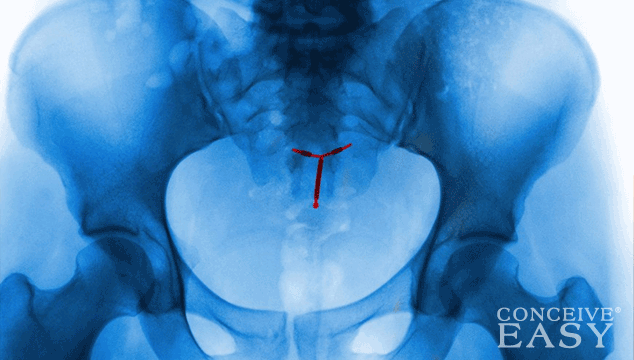![]() The information provided by our expert should not constitute a diagnosis of your condition. Always consult a medical practitioner or healthcare provider for a formal diagnosis. By making use of this content, you agree that ConceiveEasy and the expert assume no liability.
The information provided by our expert should not constitute a diagnosis of your condition. Always consult a medical practitioner or healthcare provider for a formal diagnosis. By making use of this content, you agree that ConceiveEasy and the expert assume no liability.

IUDS, also known as Intra Uterine Devices, are a very common and popular form of birth control these days. IUD’s allow women to not have to worry about pregnancy for a very long period of time, and they are usually very effective. The IUD has about a 99.7% effectiveness rate. However, as we all know, there is always an exception to the rule, and there are certain times that a woman will become pregnant while on an UID. Claim Your 20 Free Pregnancy Tests – Click Here

Paragard is an IUD that uses copper to prevent pregnancy. This form of the IUD contains no hormones, so women who are using Paragard should still have their normal menstrual period each month as long as they are not pregnant.
However, the Mirena IUD is one that uses Progesterone to prevent pregnancy. Due to this, about one quarter of all women who take Mirena for birth control will stop having their normal menstrual periods.
This can cause many women who are using Mirena for birth control to think that they could possibly be pregnant while on the IUD. But even worse, getting pregnant after Mirena can be difficult until the hormones leave your system.

If a woman does get pregnant while she is on an IUD, it’s important to remember that there are more risks associated with an IUD pregnancy than a regular pregnancy. If the IUD is removed right away, there is not too much risk involved with an IUD pregnancy.
However, if the IUD stays in place, there is an increased chance of miscarriage. In fact, a woman is 50% more likely to miscarry if the IUD is left in place, so the usual protocol is to remove the IUD and continue the pregnancy. The risk of an ectopic pregnancy is also greater if it is an IUD pregnancy as well.

It’s super important to know about pregnancy following IUD removal as well. The good news is that in most cases, as soon as the IUD is removed, the body begins to go back to normal.
Most doctors recommend that women wait about three months after removing the IUD to begin trying to conceive since this usually should give the body time to return to its normal menstrual cycle. However, it is technically possible for a woman to conceive anytime after IUD removal.
The good news is there is usually no lasting negative effects from an IUD that continue on into trying to conceive or pregnancy. If you are for any reason concerned about your ability to get pregnant after having an IUD removed, make sure to talk to your doctor about your questions and concerns so that you will be fully informed before you make the decision.










Comments